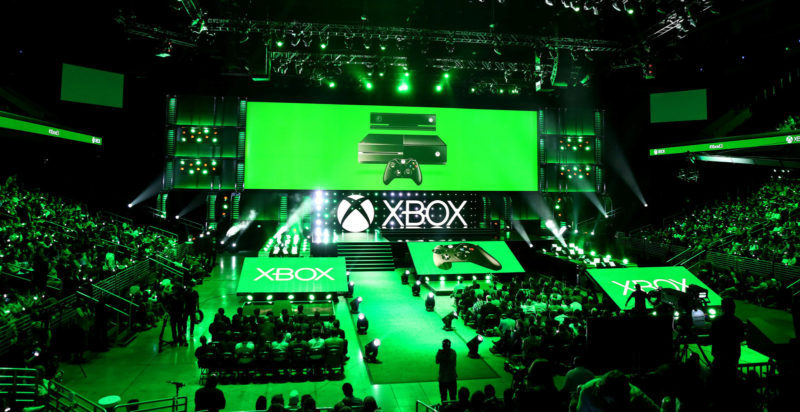Every now and then, gamers gather in a certain place at a certain, expecting something. They mingle with one another. One whispers to their neighbor, “I hope they release this game.” “As do I,” replies the worried neighbor, “but is it time?” They want to know and, like eager wedding attendants, cross their fingers in a curious blend of anticipation and worry. We call it excitement, I suppose. And we’re excited because we’re about to hear a secret. In this article, I want to briefly discuss the power of keeping secrets in game development.

In the first place, what do I mean by secret? By secret I mean whatever product that is ready for show. For the most part, companies publicly disclose their latest projects that are currently in the works. The games have reached a point wherein the company feels confident enough in their product to show their audience. So, secrets are just show-ready games.
But how, how much, and when a company chooses to divulge their secret is up to them. Some games get six minutes of airtime; others thirty seconds. Sometimes companies feed a sample; other times they tease.

Hence, teaser trailers. Teaser trailers suggest as little information as possible about the game itself. Such trailers don’t elaborate on gameplay, story, plot, or characters. Rather, they give one a vague sense of setting. On the other hand, gameplay trailers offer some elaboration on what the game itself is like. As the name suggests, it highlights features relevant to gameplay (animation, voice acting, world, etc.).
Keep in mind, however, the purpose to telling secrets. We tell secrets because we want someone to share in our excitement. We’re stoked about a juicy piece of gossip, and it would be all the better if we could share it with another. Likewise with video game reveals. Gaming companies disclose their work to engender hype. How much or how little information they give suggests the level of hype they wish their audience to feel about the game. Sometimes less is more. And more is less. Secret-telling, then, is hype-management.

So much for discussing the power of keeping secrets in game development. There is more to say, and perhaps I’ll say more soon. Until then, we wait.







